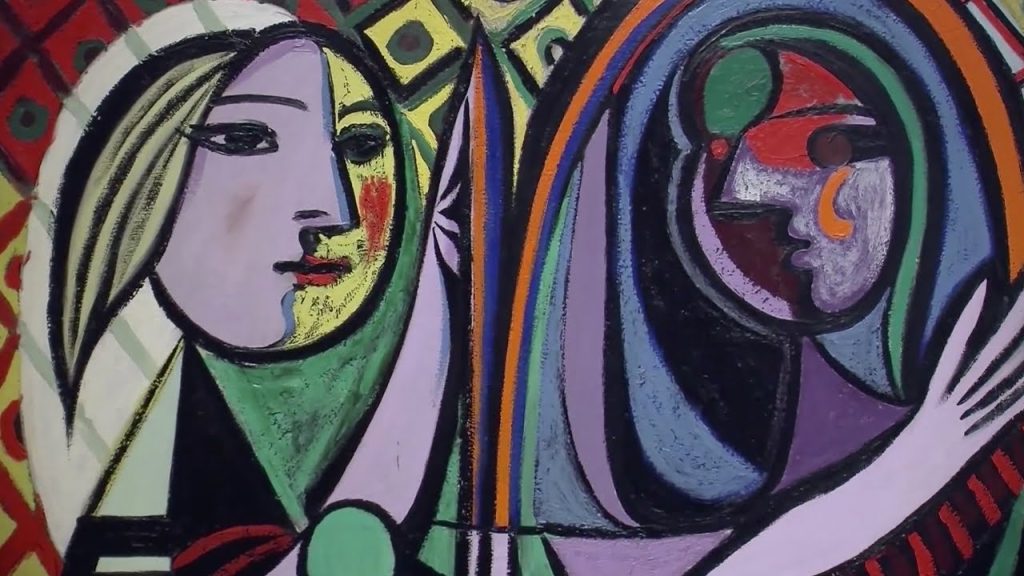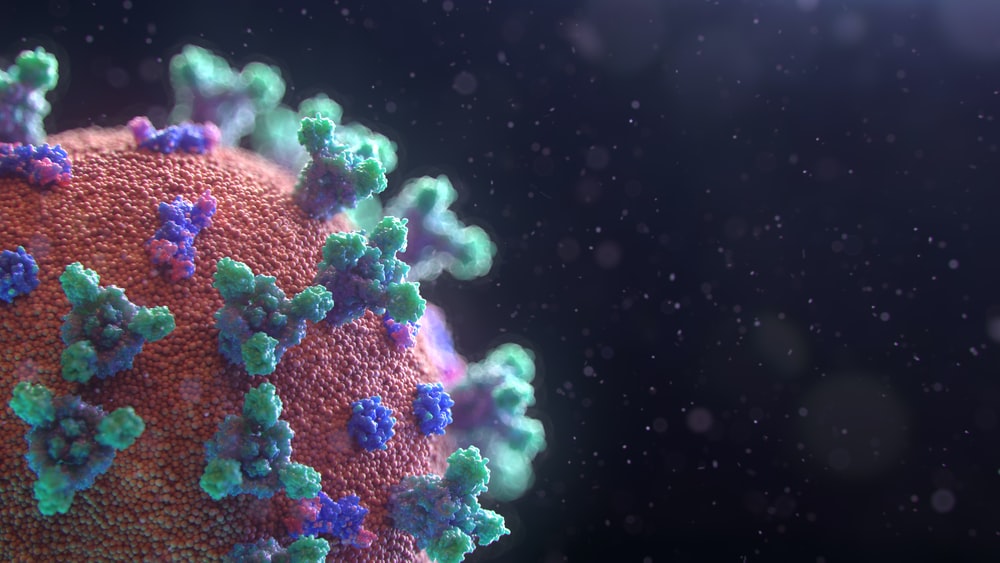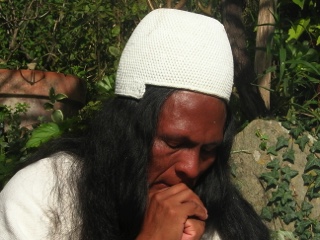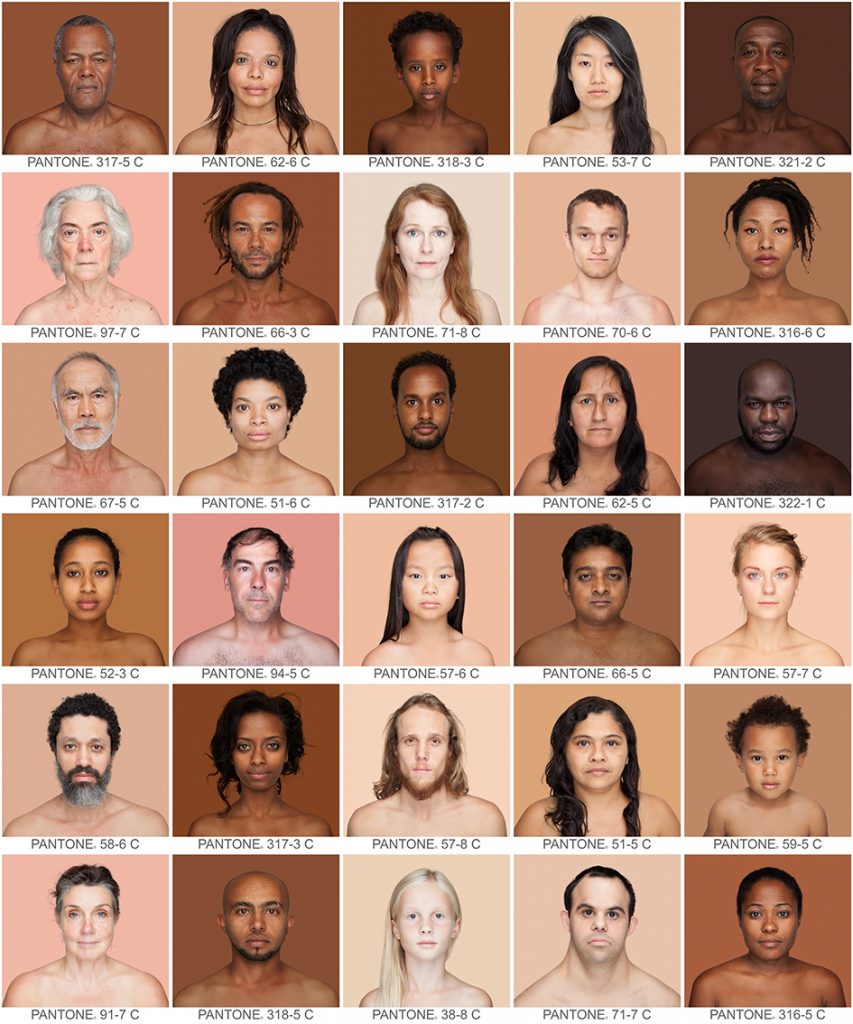Masculine/Feminine | A Non-Binary View
Maleness and masculinity are not the same. When we speak about ‘male and female’, we are talking about gender. ‘Masculine and feminine’, on the other hand, are qualities expressed in all Life. The Masculine is neither inherently positive nor negative, healthy nor toxic. It is inherently sacred. The same goes for the Feminine. And by sacred I mean worthy of our reverence and care.
Nature abounds with feminine and masculine qualities…the undulating sea, the explosive volcano. But the element of fire, often associated with the masculine, is raging out of control, manifesting as war, domination, and the very real threat of nuclear annihilation. We see this playing out on the world stage in Ukraine. The public personas of Vladimir Putin and Volodymyr Zelensky offer a sharp contrast in archetypes – a brutish, authoritarian masculinity on the one hand, and a masculinity of courage, honor, and respect on the other. Not that these latter qualities are exclusively masculine. They reflect a balance.
So why have we chosen to focus on masculinity, and specifically the Sacred Masculine?
We are evolving as a more non-binary species when it comes to gender. Young people are showing the way and should be admired for it. But we still have to contend with a mine-laden debris field from centuries of hyper-masculinity.
Our tendencies for invasion, conquest and extraction are on full display in our present political economy, media, and relationships with each other and the Earth. The desecrations that result – wars, rape, destruction, genocide – have largely been engineered or committed by men, although certainly a minority of men. As a result, discussions about gender, masculinity and femininity are often trauma-informed.
As a cisgender white woman who just turned 64, my pale skin has afforded me much privilege, yet my gender comes with its own set of social expectations, hazards and trauma. I’m sure most women can relate. And the same is true for men. In many places men are suffering from high rates of depression, suicide, and a pandemic of loneliness and loss of purpose. This is why conversations about Sacred Masculinity matter. And the men who are having these conversations are experiencing breakthroughs and healing. Grief work, decolonization, peacebuilding, degrowth, sexuality and race are all part of the dialogue.
Men must not be blamed for the world’s ills. We have to be honest about the effects of gender ‘norms’ and trauma on ourselves, our societies and our collective consciousness. We all have virtues and flaws. We have blind spots. We are always more than one thing. We are complex. We contain ambiguity. Navigating complexity and ambiguity is a skill we need at all levels as we prepare for ever more profound change.
We are too attached to our notions of what it means to be a man or a woman. We all have the capacity to recognize masculine/feminine qualities as different brushes in a paintbox. It is possible to choose what or how to be, depending on the situation. Sometimes I am water, sometimes fire.
How can men and women connect to the vibrant, life-affirming, problem-solving, creative qualities of the Sacred Masculine? That is what we set out to learn in this edition.
I want to thank members of the Kosmos community who responded to a ‘seed call’ request. Those early discussions led to several key articles. Author and teacher Jackie Parker introduced me to journalist and therapist Amos Kamil, who connected us with the ManKind Project and Street Poets of LA.
Michael Gray, Kent Madden and Robert Rosenthal shared courageously about the loss of their sons to suicide. And many others offered suggestions, leads and essays on our theme. We truly are a collaborative community.
There are more beautiful men to thank: mental health journalist Brett Sholtis; shakuhachi master Cornelius Boots; Scott Lennox of The Beautiful Question; and Jerry Tello, Jason Seals, David Bouttavong for their insightful conversation Trauma and Healing for Boys and Men of Color.
There was some push-back on this topic. “Why are you perpetuating dualism?” was one question asked. Non-duality is not a rejection of differences. Non-duality is not anti-duality or somehow about being in the middle. It is centerless natural awareness and non-referential. From a non-dual perspective, masculine/feminine is an endless dance of energy. That is the Ultimate view. Yet, here in the practical dimension, we are still far from fully mastering the dance steps.
I have a lot to learn, witnessing, uplifting and honoring the Sacred Masculine in myself and others. It is often said that the Divine Feminine is on the rise. That may be true and long overdue. Yet the wonderful thing about dualities is, they always and must arise together.
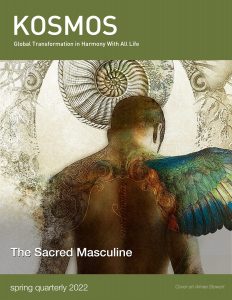
Our Cover is by Aimee Stewart, “a cartographer of the imagination, and a champion of daydreams”. Terms of Use.



